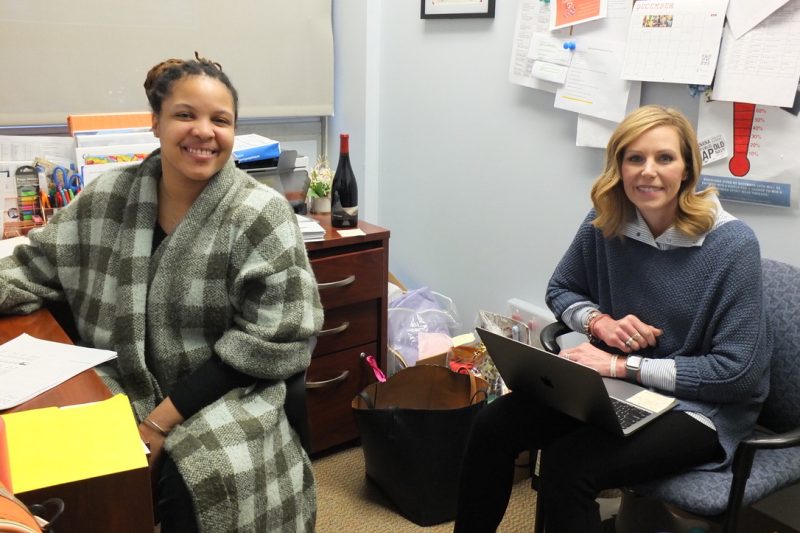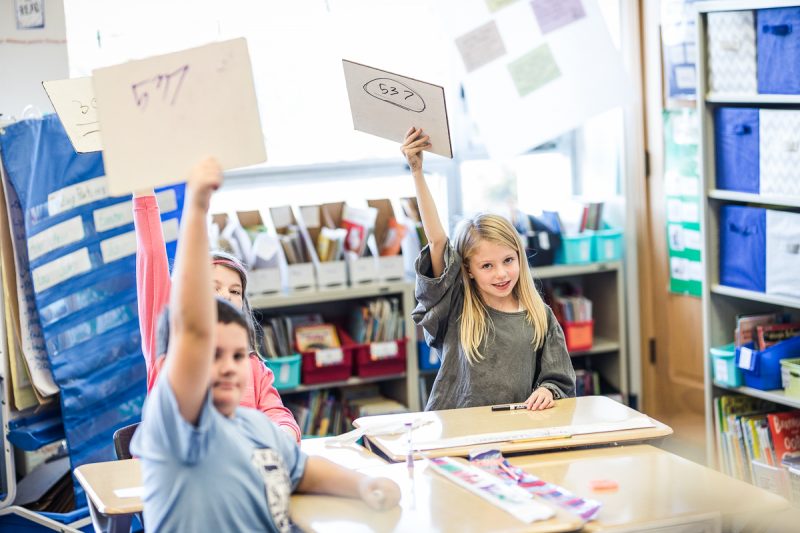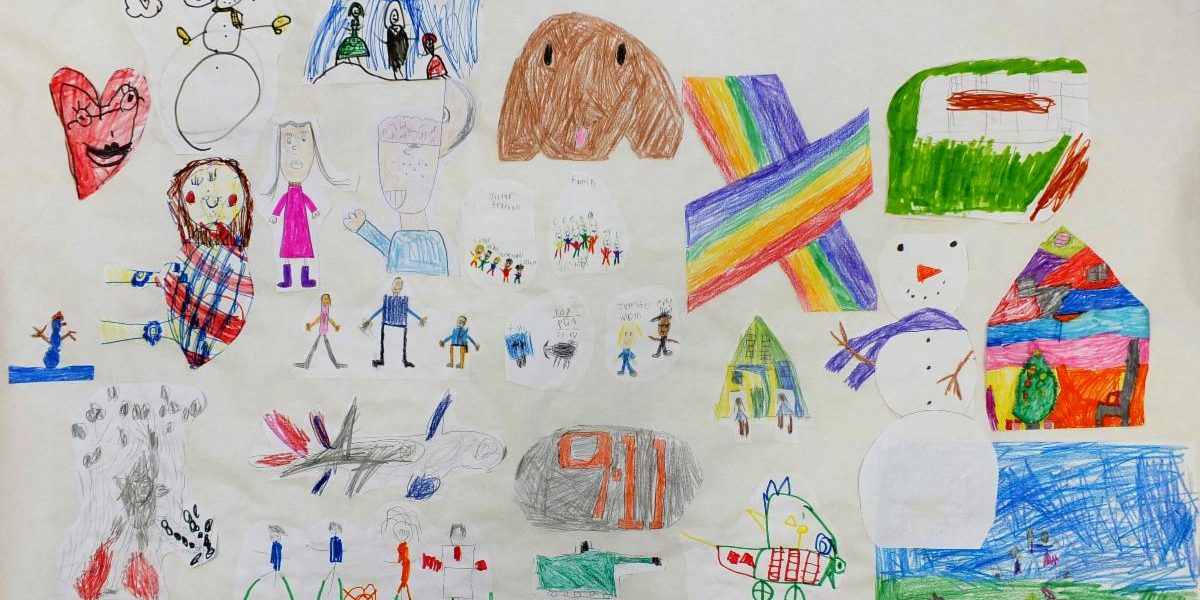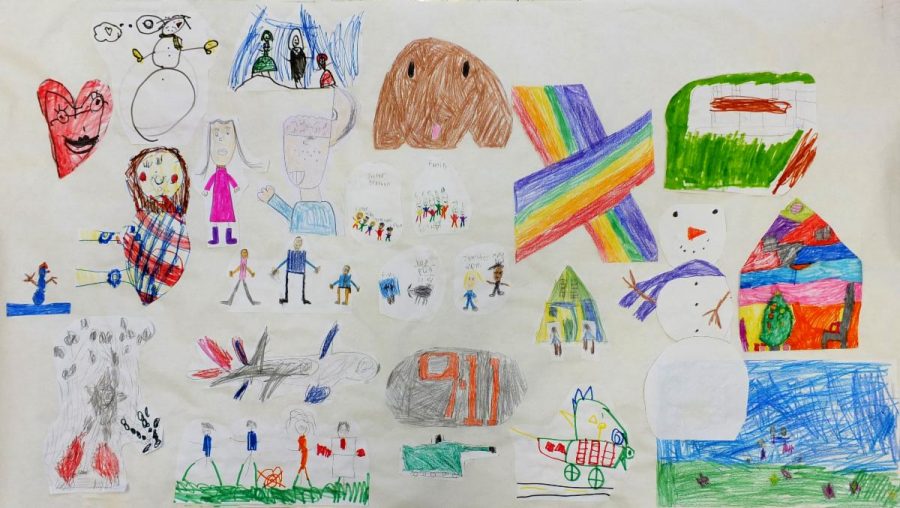
I Found a Passion Unexpectedly
April 1, 2023
Treatments for ADHD: Test Your Knowledge
April 17, 2023
While learning disabilities often run in families, there are many cases when siblings have completely different needs. Lisa Fleischmann, parent and educator, lets us in on a conversation between her and her husband as they reflect on their experiences trying to make the best decisions for their children.
We’ve decided to present our thoughts in the format of a conversation. The two of us are always talking with each other about our boys. Bragging about the bright moments. Bemoaning the not-so-bright moments. And constantly deliberating about how we can do best by them.
Seeing words written in print can often make those thoughts feel frozen. Finished. Like we’ve arrived at some final answer or stance. We haven’t. Our own conversation about this topic will not end with this blog post. We hope that yours begins with it.
Some important family stats to know: We (Kevin and Lisa) are white. Our two amazing adopted sons are Black. Noah is our oldest. He’s in 9th grade, has significant learning disabilities, and attended Springer for grades 3-8. Miles is in 2nd grade and has no known learning disabilities.
LISA:
When Noah was diagnosed with dyslexia and ADHD, I was shocked to find out how prevalent learning disabilities are. One in five kids has a learning disability. That percentage surprised me, but what really shocked me was this thought: Why, with learning disabilities being so common, is it so difficult to find a school that will adequately address kids’ learning needs?
The main reason I chose to work at Springer was that I didn’t know if I could take working in a classroom where twenty percent of the kids weren’t getting their needs met. We’ve both taught in public schools. We both have master’s degrees. We know how little graduate programs prepare teaching candidates for serving kids with learning disabilities. We know how tirelessly teachers work but how ill-prepared they are for teaching students with learning differences. I was one of those public school teachers. We also know most intervention specialists are given huge caseloads.
It wasn’t until we had Noah that I realized how common and widespread learning disabilities are.
KEVIN:
Agreed. I wish all schools would focus their instructional delivery at a level appropriate for kids with learning disabilities, rather than aiming for kids in the “average” range as they’ve done historically. I think many kids with minor learning disabilities are either unidentified or misidentified (labeled as unmotivated or having behavior issues). These kids would succeed at much higher rates, and accommodations and modifications would still be in place for any student who could work at a faster pace.
Classrooms are a complex combination of learning styles and abilities. The same could be said for our house! What do you think the biggest challenge has been raising boys with different learning needs? I would say it’s been finding schools that meet all of their needs.
LISA:
I can only pick one?

KEVIN:
Ha! Good point. There are so many challenges.
LISA:
I think meeting Noah’s learning needs has definitely been the biggest challenge. We’ve had to weigh many factors during Noah’s educational journey: racial diversity, socio-economic diversity, along with his neurodiversity. We’ve decided to put his needs as a neurodiverse learner above all of those things. Noah’s self-esteem was very low before he started Springer. Springer prepared Noah to advocate for his needs as a learner beyond Springer’s walls. We are so grateful for that.
We have a lot more options for Miles because he can thrive in a variety of settings. Miles also tests well which again increases our options for him within Cincinnati Public Schools. This gives us the ability to supply Miles more choices for schools, allowing him opportunities for many more types of diverse environments. That makes us confident that Miles will feel comfortable in a large variety of settings and with many different kinds of people after he graduates from school. We have not been able to provide nearly as many choices for Noah.
KEVIN:
That’s been one of the more frustrating parts of this journey - not being able to give Noah everything. It’s amazing how many educational options open up for someone like Miles who doesn’t have the intersectional needs that Noah has. And I also agree that Springer has been invaluable for Noah and for our family.
Lisa and Kevin are parents of two boys, one of whom attended Springer for six years. Lisa is currently an instructional assistant in Springer's Lower School. We thank them them for sharing their perspective!



